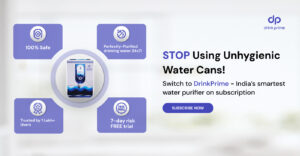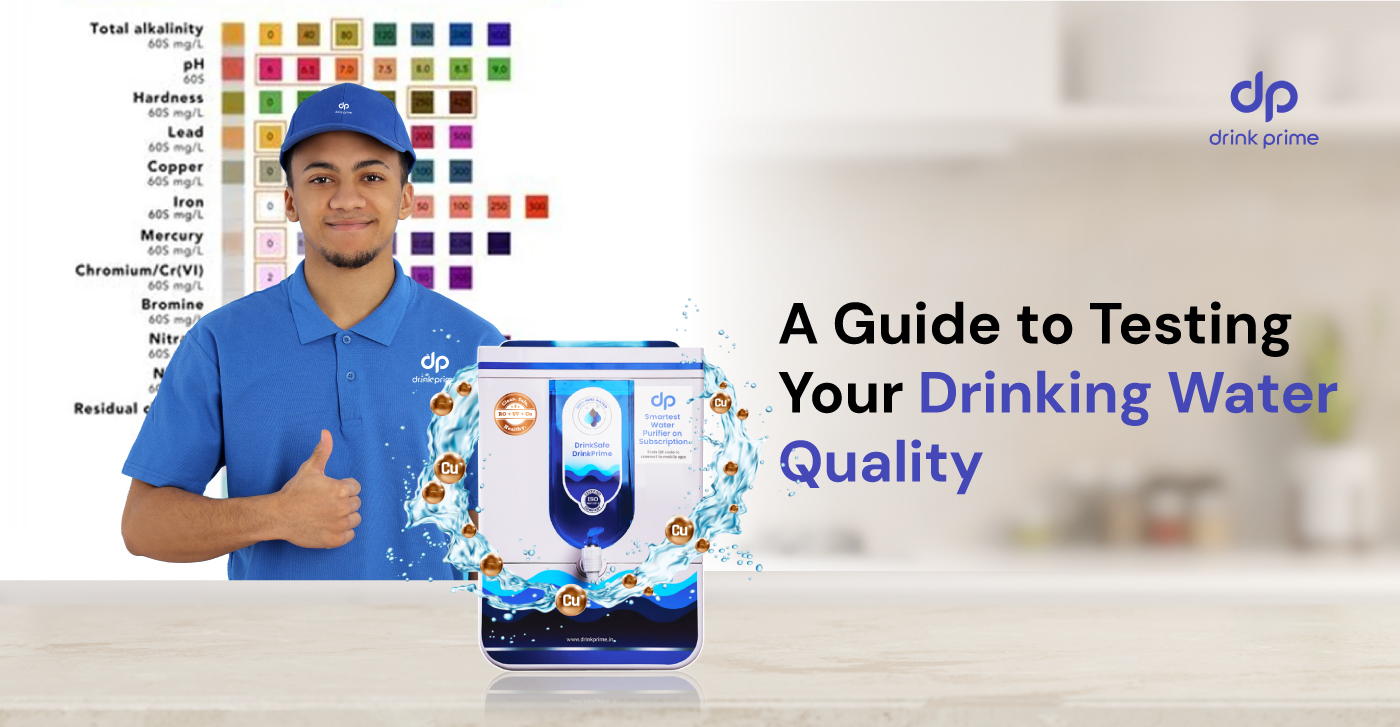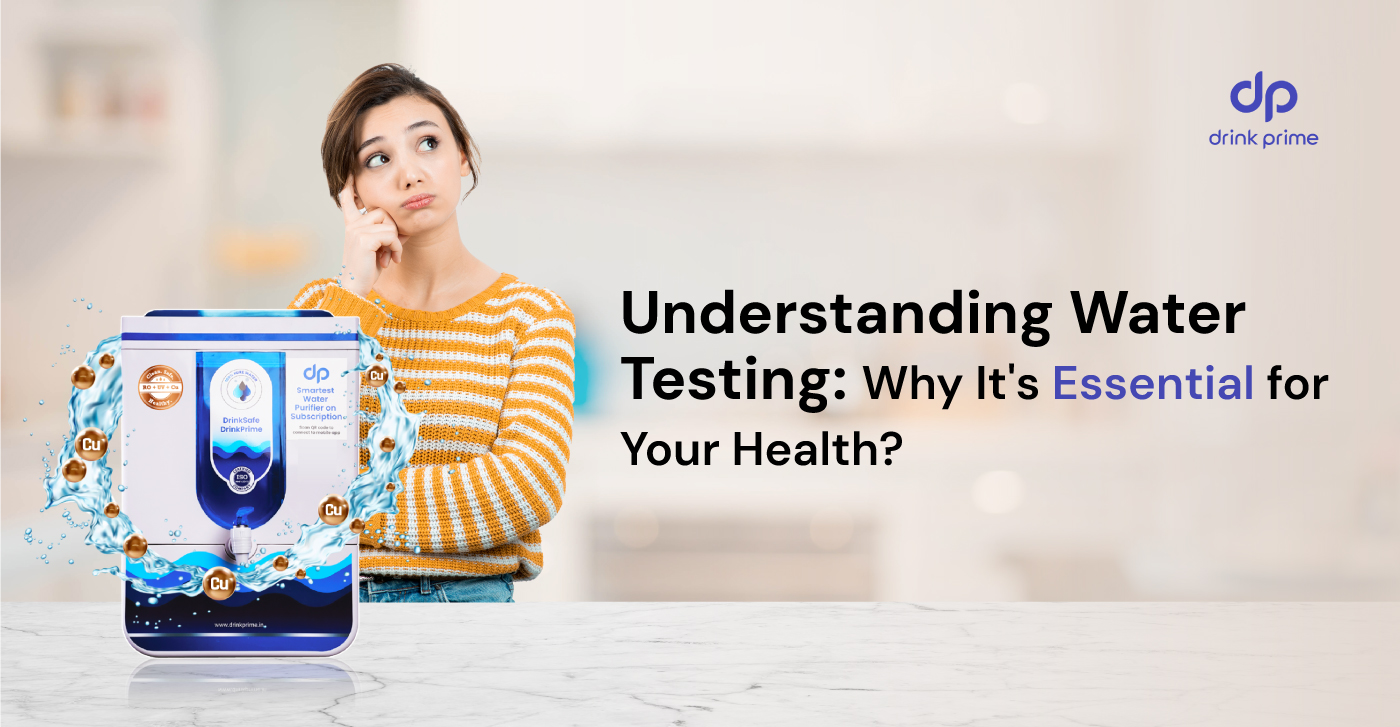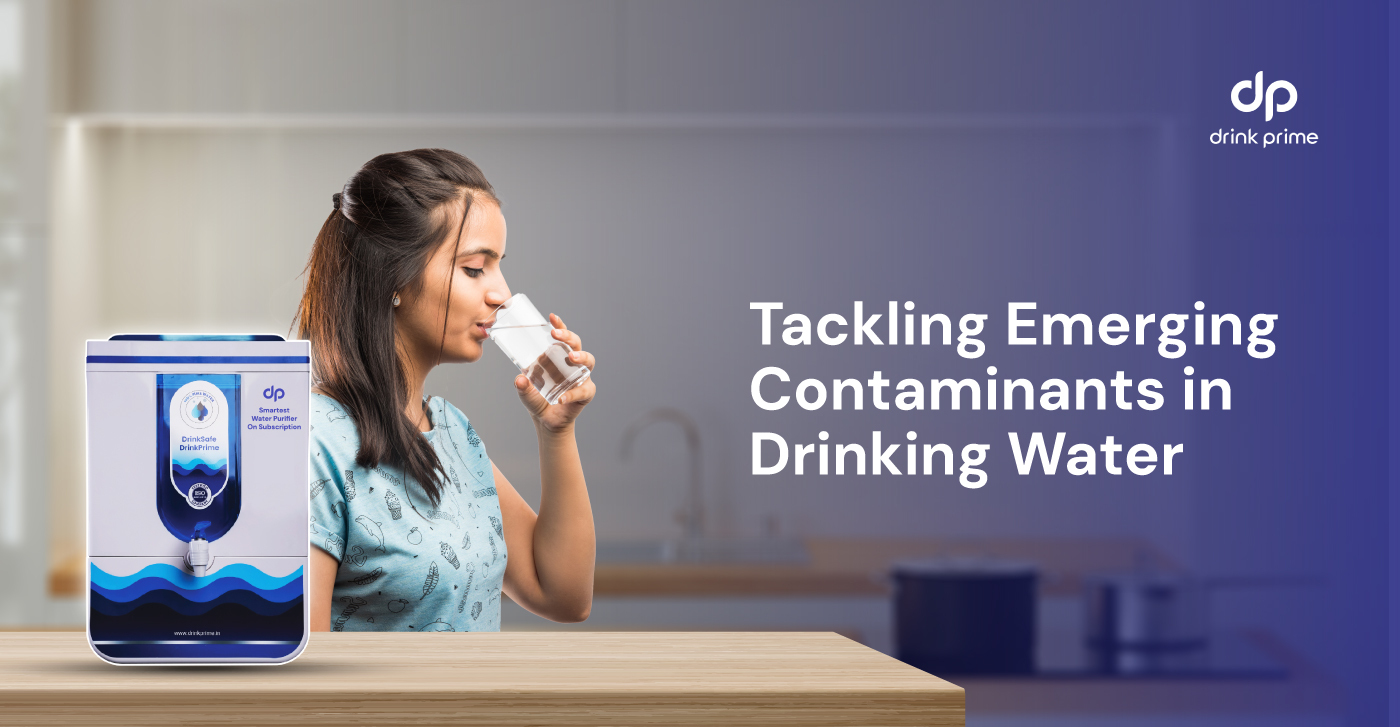Are you unsure what to choose for your drinking water needs?
Well, you’re not alone! It’s a common dilemma for many people, and there’s no simple solution. Both boiled and filtered water have advantages and disadvantages, depending on personal choice and circumstances.
So, which one should you choose? Continue reading to find out the answer. In this blog post, we’ll look at the pros and cons of boiled and filtered water to help you decide which is best. Let’s dive in!
Is drinking boiled water healthier?
The debate on boiled water vs filtered water has been ongoing for a long time. Boiling water is often recommended to make it safe to drink. While it can remove hazardous bacteria and viruses in water, it is not a foolproof method of purification. Boiling water may not eliminate all contaminants, and this should be considered when deciding whether or not to drink boiled water.
One of the primary benefits of boiling water is its ability to eliminate germs and viruses. This is especially relevant in locations where the water supply is contaminated with hazardous bacteria. However, boiling water may not remove all pollutants, including heavy metals, chemicals, and pesticides.
It is crucial to note that parameters such as water temperature and boiling time also influence the efficiency of boiling water as a purifying agent.
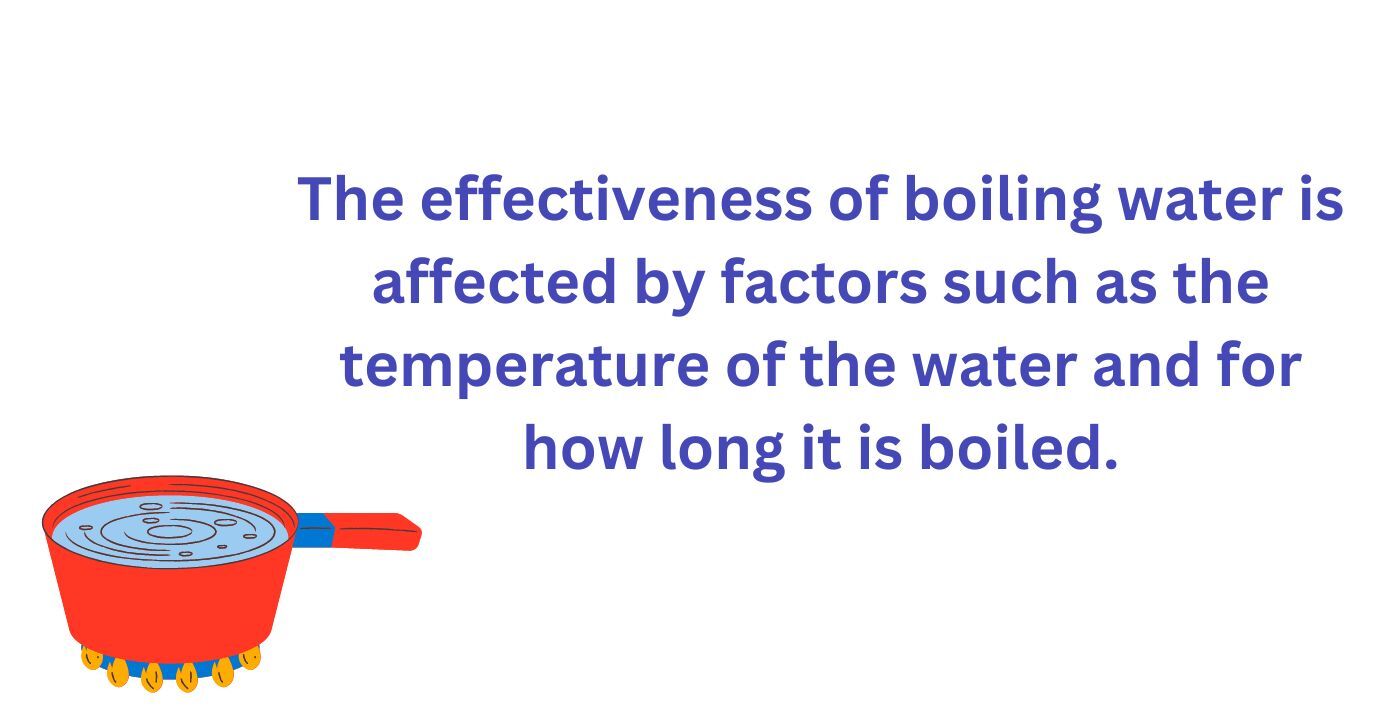
While boiling water effectively kills very small levels of bacteria and viruses, it is not a full solution for purifying water. It is critical to understand boiled water’s limitations and explore other water purification options, such as filtration or chemical treatment, if necessary.
Which is Better: Boiled Water or Filtered Water?
Who wins the battle of Boiled water vs filtered water?
Both boiled and filtered water have benefits and drawbacks, but the best option ultimately depends on your specific scenario and needs.
Boiled water is an excellent way to kill bacteria, viruses, and other hazardous germs. It also eliminates certain chemical pollutants, including chlorine and pesticides. However, boiling water is time-consuming and may not remove all contaminants, such as heavy metals and substances with a higher boiling point.
Water purifiers , on the other hand, remove a broader spectrum of impurities, such as bacteria, viruses, chemicals, and heavy metals. Some even enhance the water’s flavour and odour. However, not all filters are made equal, and some may not be effective in removing specific impurities. Filters also require frequent maintenance and replacement to guarantee optimal operation.
Advantages and Disadvantages of Boiled Water
Before comparing boiled and filtered water, let’s consider the pros and cons of boiling.
Advantages of Boiled Water
1. Eliminates dangerous germs
Boiled water can potentially destroy most germs and viruses, making it safe to drink.
2. Enhances taste
Boiled water removes undesirable flavours and odours from tap water, improving taste.
3. Cost-effective
Boiled water is a low-cost purification method because it requires no additional equipment.
4. Convenient
Boiling water with a stove, microwave, or kettle is easy and quick to purify.
Disadvantages of Boiled Water
1. Does not eliminate contaminants
Boiling water may contain bacteria and viruses but does not remove other impurities like chemicals or heavy metals.
2. Time-consuming
Boiling water takes time, especially when there is a considerable amount of water to boil.
3. Uses energy
Boiling water needs energy/heat, which can be an issue in locations with limited or expensive energy sources.
4. Can alter the flavour
Boiling water can affect the flavour of water, making it less appealing to some individuals.
Advantages and Disadvantages of Filtered Water
This form of water is frequently regarded as healthier and safer to consume than unfiltered tap water. However, certain downsides to using filtered water should be considered.
Advantages of filtered water
1. Removes a variety of pollutants and impurities
Filtration eliminates pollutants like chlorine, heavy metals, and disease-causing microbes from water, making it safe to drink.
2. Improved flavour
The removal of contaminants improves the flavour of the water. This is why filtered water tastes great!
3. Cost-effective
Using a water filter is a cost-effective alternative to buying bottled water.
4. Eco-friendly
Filtering tap water rather than purchasing bottled water lowers plastic waste and benefits the environment.
5. Convenience
Access to clean, filtered water at home is convenient, saving time and money.
Disadvantages of filtered water
1. Limited efficacy
Heavy metals and fluoride are two examples of pollutants that some filters may not be able to eliminate.
2. Initial cost
Buying a water filtration system can be costly, depending on the type of filter and system chosen.
3. Energy consumption
Some filtration systems require electricity, which raises energy consumption and costs.
4. Risk of bacterial growth
If filters are not replaced regularly or maintained properly, there is a risk of bacterial growth in the system, which can contaminate the water.
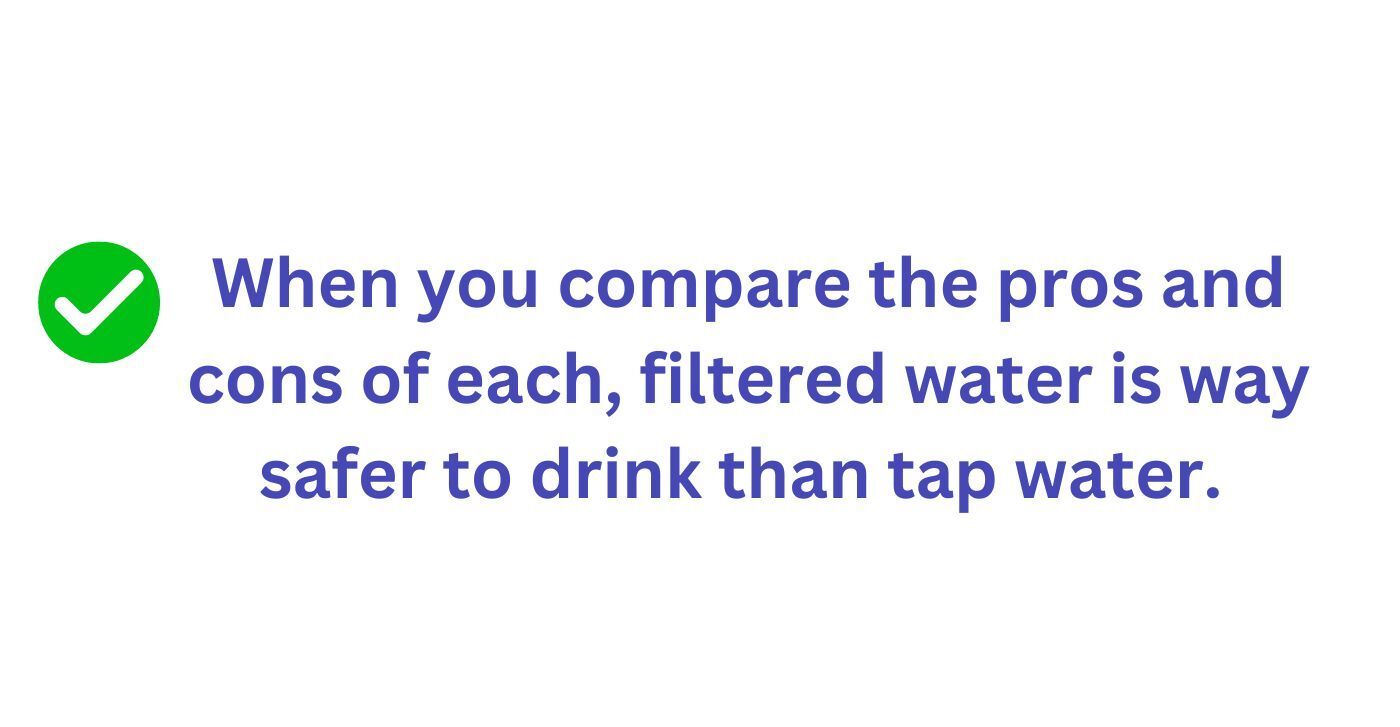
Get 7 Days Risk Free Trial
Conclusion
When you compare the pros and cons of each, filtered water is way safer to drink than tap water. And nowadays water purifiers come with filters that purify water according to your specific water needs.
If you are wondering, how can I bring home an expensive water purifier, then we have a solution!
Renting a DrinkPrime water purifier is an excellent choice for ensuring that you and your family have access to clean and safe drinking water. With DrinkPrime, you can say goodbye to the hassle and expense of ‘buying’ a water purifier.
So why put your health at risk unnecessarily? With DrinkPrime you can be sure that the water you are drinking is 100% clean and tasty!
FAQs
Can we drink water without boiling it?
Yes, you can drink water without boiling it, provided it is clean and free from contaminants. Using a good water filter ensures the removal of impurities, bacteria, and chemicals, making it safe to drink. Boiling is only necessary if the water source is uncertain or potentially contaminated. DrinkPrime guarantees pure filtered water.
Is drinking boiled water good for your health?
Drinking boiled water can be good for your health as it helps kill harmful bacteria and pathogens. However, boiling doesn't remove chemicals or heavy metals. For daily consumption, it's better to use filtered water from DrinkPrime purifier, which removes a wider range of contaminants while ensuring water safety.
For how many days can we store filtered water?
Filtered water can typically be stored for 2-3 days if kept in a clean, airtight container in a cool place. Beyond that, the water may develop bacteria or contaminants. For longer storage, it’s best to refrigerate filtered water and consume it within a week for optimal freshness and safety.
Is boiled water as good as filtered water?
Boiled water is effective for killing bacteria and pathogens but doesn’t remove chemicals, heavy metals, or impurities like chlorine. Filtered water, on the other hand, removes a wider range of contaminants, making it a better choice for daily consumption, ensuring cleaner and safer water. At DrinkPrime, you can select a purifier that offers both hot and cold water options if that's what you need.

